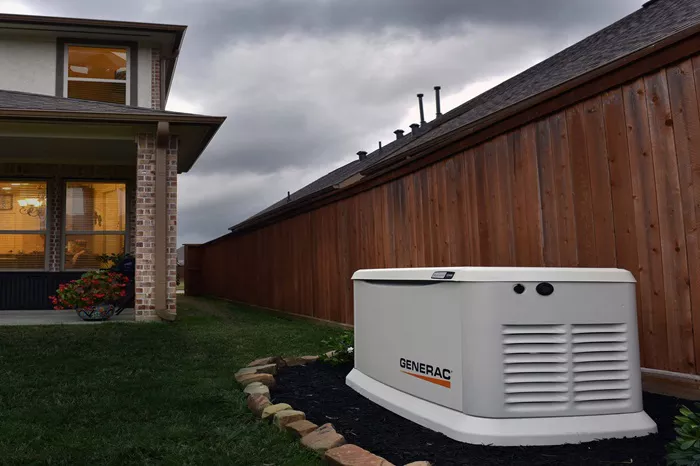Homelite generators are known for their reliability and affordability, making them a popular choice for homeowners and professionals alike. But who manufactures these generators, and what makes them stand out in the crowded generator market? In this article, we’ll explore the company behind Homelite generators, their key features, and how they compare to other brands. We’ll also dive into essential electrical knowledge to help you understand how generators work and what to look for when buying one.
The History of Homelite Generators
Homelite was originally an independent company founded in 1921, specializing in outdoor power equipment. Over the years, the brand changed ownership multiple times. In the 1990s, Homelite was acquired by Techtronic Industries (TTI), a global leader in power tools and outdoor equipment. TTI also owns well-known brands like Ryobi, Milwaukee, and Hoover.
While Homelite was once a major player in the generator market, the brand has scaled back its production in recent years. Today, Homelite generators are mostly manufactured by third-party companies under TTI’s licensing. Many of their models are rebranded versions of generators produced by other manufacturers, which helps keep costs low.
How Homelite Generators Work
Generators convert mechanical energy into electrical energy through electromagnetic induction. Here’s a simplified breakdown of how they function:
Engine Power – A gasoline or diesel engine provides mechanical energy.
Alternator (Stator & Rotor) – The engine spins a rotor inside a stator, creating a magnetic field that generates electricity.
Voltage Regulation – A voltage regulator ensures stable power output, preventing surges that could damage appliances.
Output Ports – The generator delivers electricity through outlets, including standard 120V household plugs and sometimes 240V for heavy-duty equipment.
Homelite generators typically use brushed alternators, which are more affordable but require more maintenance than brushless models. They are best suited for emergency backup power rather than continuous industrial use.
Key Features of Homelite Generators
Portability
Most Homelite generators are compact and lightweight, making them ideal for camping, job sites, and emergency home use. Many models come with wheels and handles for easy transport.
Affordability
Compared to brands like Honda or Generac, Homelite generators are budget-friendly. They offer decent performance for occasional use but may not last as long as premium models.
Power Output Options
Homelite generators range from 1,000 to 7,500 watts, covering basic needs like powering lights, refrigerators, and small tools. However, they are not designed for whole-house backup power.
Manual Start vs. Electric Start
Most Homelite models use a pull-start mechanism, which is simple but can be difficult in cold weather. Some higher-end models may include an electric start for convenience.
Noise Levels
Homelite generators are not the quietest on the market, typically producing 65-75 decibels—similar to a lawnmower. If noise is a concern, inverter generators (like those from Honda) are a better choice.
Common Issues with Homelite Generators
Since Homelite generators are often rebranded models from other manufacturers, quality can vary. Some common complaints include:
- Short Lifespan – Cheaper components may wear out faster.
- Carburetor Problems – Ethanol fuel can clog the carburetor if not properly maintained.
- Limited Customer Support – Since TTI focuses more on Ryobi and Milwaukee, Homelite support can be harder to reach.
To extend the life of your Homelite generator:
- Use fuel stabilizer if storing for long periods.
- Perform regular oil changes.
- Keep it in a dry, covered area to prevent rust.
Should You Buy a Homelite Generator?
Pros:
- Affordable for occasional use
- Lightweight and portable
- Good for basic power needs
Cons:
- Not as durable as premium brands
- Noisy compared to inverter generators
- Limited customer service
If you need a low-cost generator for emergencies or light use, a Homelite model could be a good fit. However, if you rely on a generator frequently, investing in a more robust brand like Honda or Generac may save you money in the long run.
Conclusion
Homelite generators are made by TTI (Techtronic Industries), the same company behind Ryobi and Milwaukee tools. While they are not the most advanced generators on the market, they offer a budget-friendly solution for backup power. Understanding how generators work—and what to look for in terms of wattage, noise, and durability—can help you make the best choice for your needs.
If you’re considering a Homelite generator, weigh the pros and cons carefully. For light, occasional use, they can be a practical option. But for heavy-duty or daily needs, you might want to explore more reliable brands.

